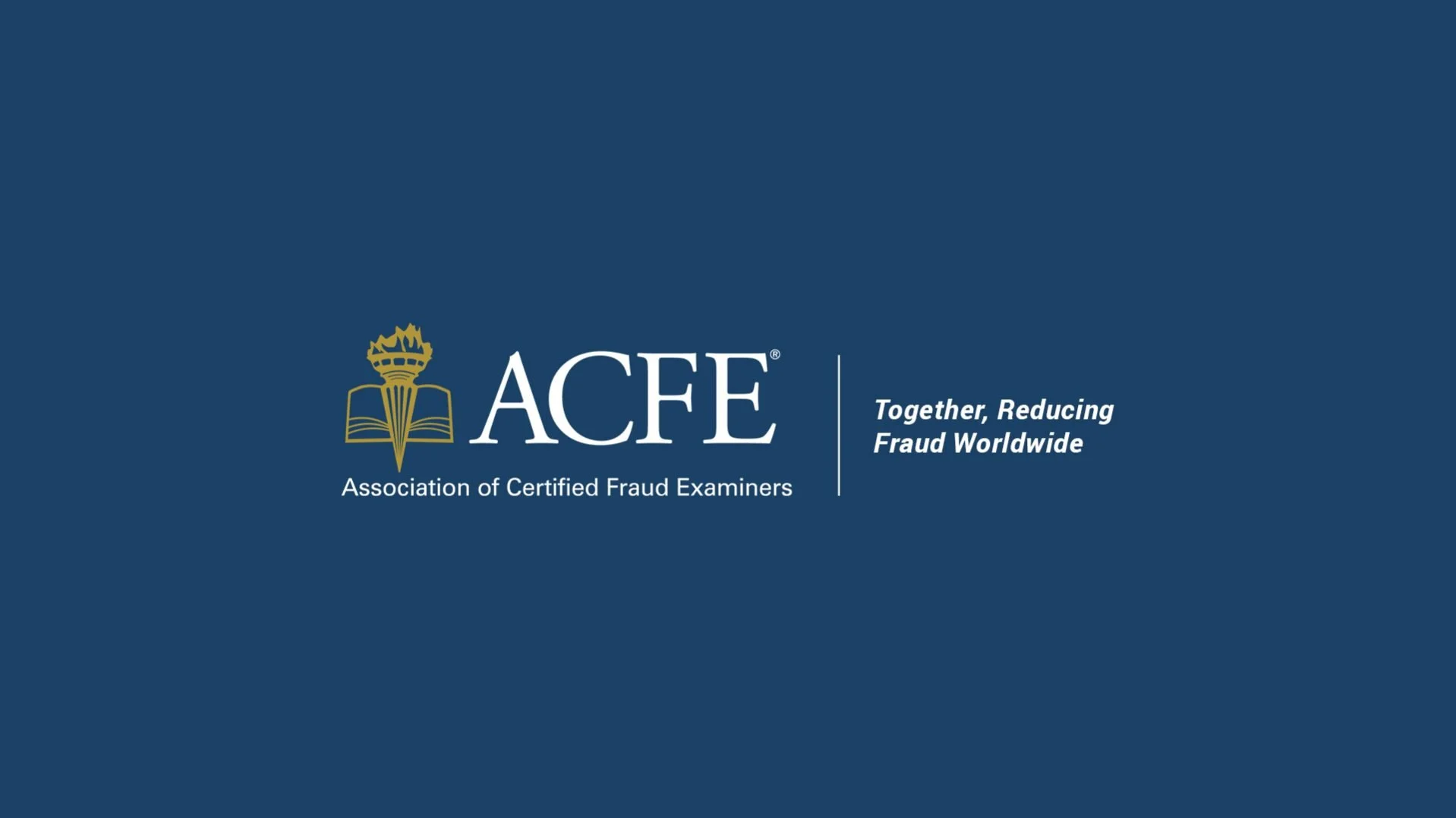How To Become a Fraud Investigator
Professional Education and Certification for Investigators
Fraud investigation is a fascinating and exciting career field. Many investigators work for corporate companies or government organizations, and their day-to-day experiences and compensation can vary greatly. The one thing they have in common is a fraud certification, which provides professional recognition and opportunities for continuing education and skill development.
The Association of Fraud Examiners (ACFE) is the largest and most well-known organization that provides certification and education for fraud investigators. It has more than 90,000 members worldwide. Members are given the title of Certified Fraud Examiner (CFE) and have access to a wide network of peers who work on all types of fraud globally.
According to the latest salary report from ACFE, fraud investigators with a CFE certification earn 17% more than those in similar positions without it. The average salary for a CFE is $106,000 globally and $120,000 in the Pacific region of the US.
To become a CFE, an investigator must:
Join ACFE as a member and pay annual membership dues ($250)
Prepare for the CFE Exam. Preparation can be done through online education (reading a manual or using a test program) or attending classes. Preparation prices start at $120 for a manual for members and increase for test programs or courses. In my personal experience, the test program is a great way to prepare if you can study a few times a week
Pass the exam ($450). Eligibility for the exam is subject to approval, and the biggest obstacle for many people is the requirement of a minimum of two years of fraud-related work experience. Additionally, ACFE requires 50 points based on work experience and education, and they provide a calculator to help calculate the total.
With the rise of fraud and scams worldwide, fraud investigators have a lot of work to do. Our work is becoming more prominent and sophisticated. We are not just working to stop fraudsters, but also to improve proactive monitoring systems to prevent fraud in the first place. Getting a certification in fraud examination is the best way to gain professional education and set an investigator up for success.

